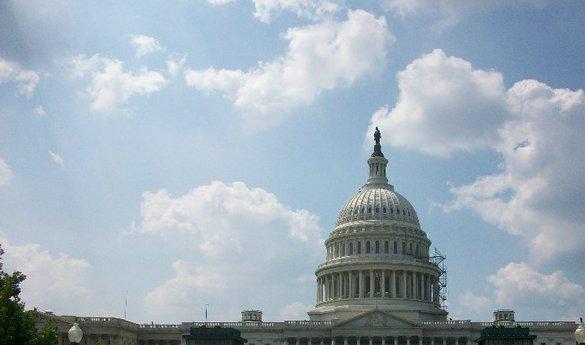OPINION: Why sequestration is problematic
The United States cannot sustainably spend more money than it takes in—period. There will be a point where we are so tragically in debt, countries will stop buying our bonds and investing in the American economy. At the point that the world recognizes our budgetary issues cause us to be an unsustainable black hole, America itself will lose potency and further degrade its reputation.
Unfortunately, the way to boost our economy is to do exactly the opposite of what will stabilize it. By increasing government spending—providing a stimulus—the general consensus among economists states that the economy will be boosted and show signs of better performance.
The sequester many of us have heard about is intended to make essentially indiscriminate cuts to government spending, preventing the further exaggeration of the deficit. This sequester is similar to the triggers which followed the failure of last year’s super-committee in that cuts will be made across the board. Though I fully agree that government spending must be curbed, I emphatically believe it must be curbed in smart, apolitical ways; blanket cuts are certainly not the optimal option.
For example, the funding for scientific research in the US would be cut by 8.2 percent. A cut of 8.2 percent to the budget for scientific research would devastate the biomedical research sector in the United States. In contrast, a cut of that magnitude for the Department of Defense would likely cause reductions in the already artificial employment by defense contractors. We might see cuts in the production of useless tanks, or the reduction of spending on the maintenance of the unused nuclear arsenal.
The cuts are unfair to those who don’t misuse government money. For example, subsidies on child care and head start programs face cuts under the sequester. Parents may further struggle to provide affordable healthcare for their children, while the Pentagon may have to stop buying airline tickets for phantom fliers. Up to 220,000 underinsured children or adults would lose access to immunizations and vaccines under the sequester. All the while, our military complex will still far exceed that of the next 20 countries combined.
If I had it my way, the average American could speak before Congress and inform them of the invaluable government-subsidized services on which they rely. A researcher pursuing revolutionary cancer treatments would explain to a pea-brained congressman why he should be grateful for government investment in biomedical research. If I had it my way, the Department of Defense wouldn’t waste half of our discretionary budget. I think programs that the average American relies on every day should be sustained, and the F-22 program should have been cut off earlier.
But when politicians follow party lines, not listening to the voices of their constituency, one can only dream about fiscal reasonability and informed legislative decisions.
Would you like to respond to this article with a letter to the editor? If so, send an email to exec.editor@connect2mason.com with the subject line "letter to the editor." Please specify to which article your letter is responding.

